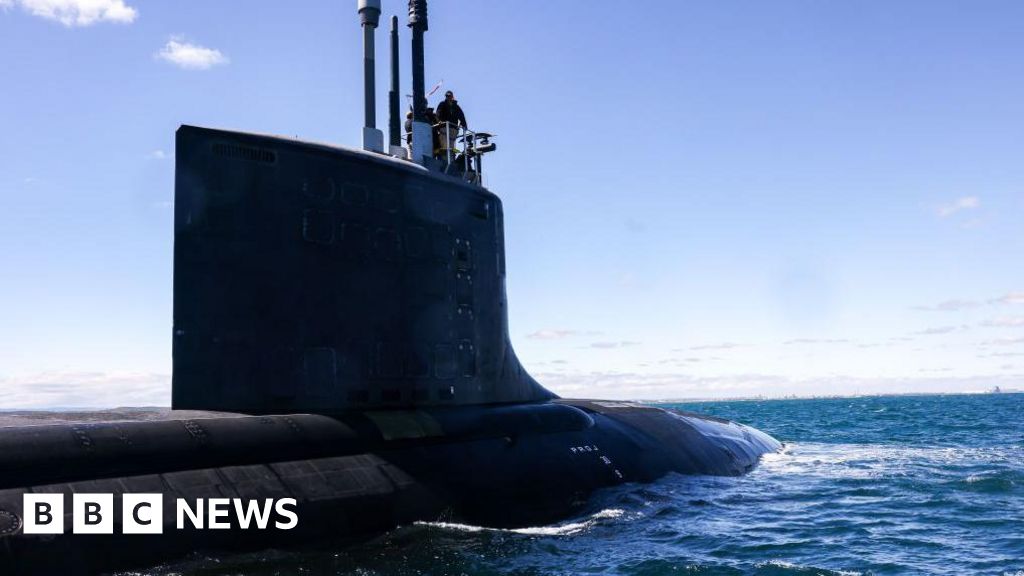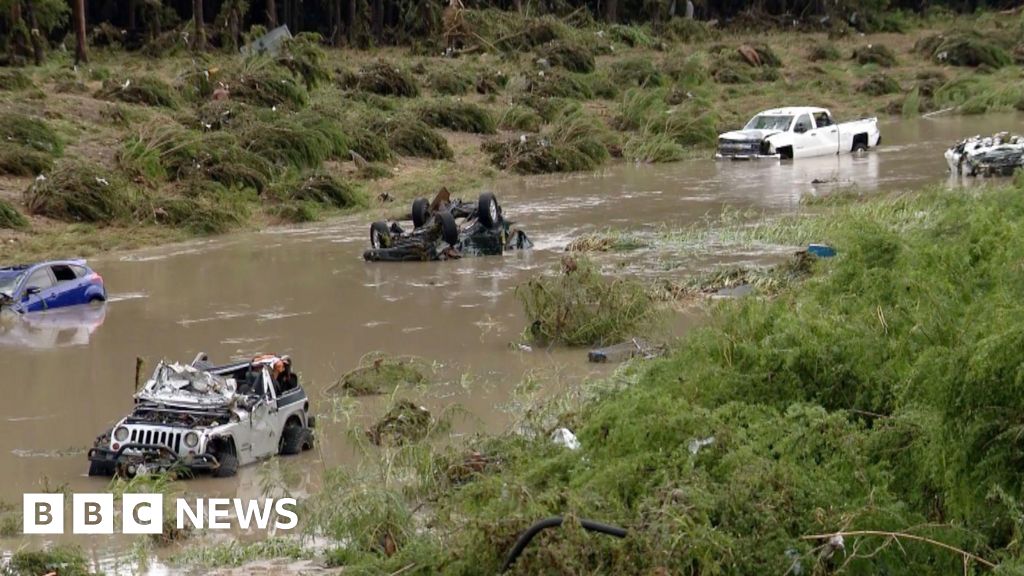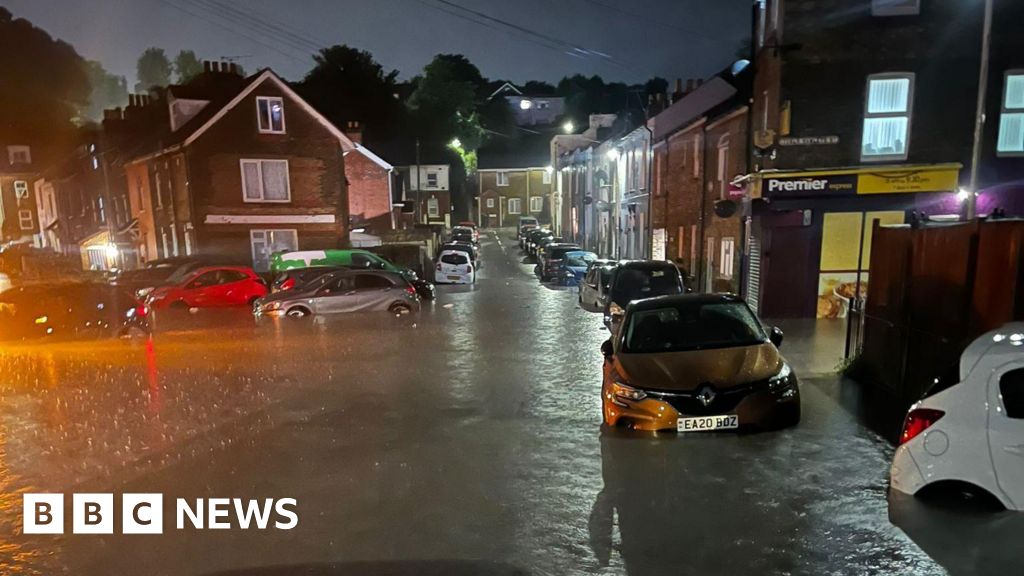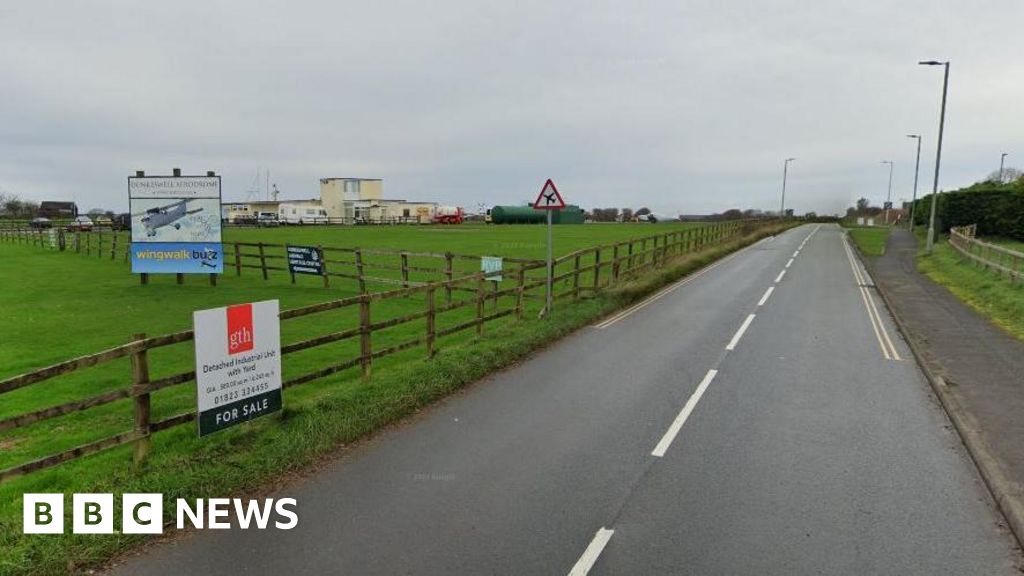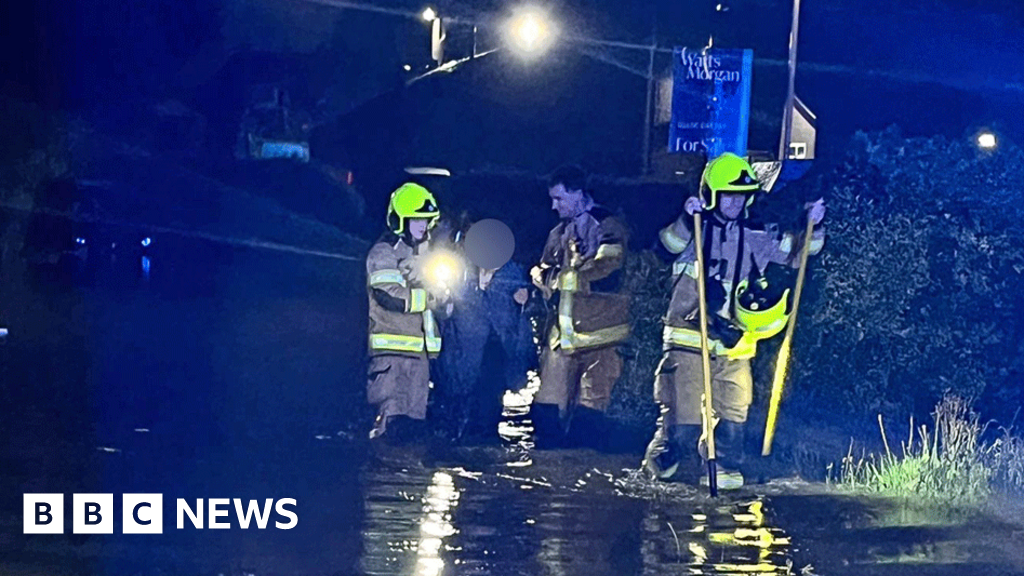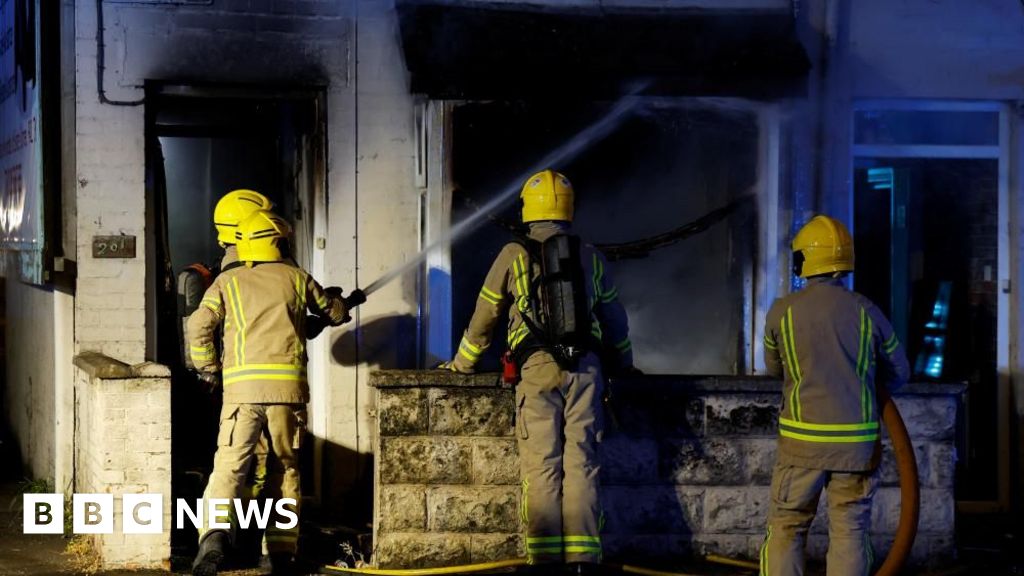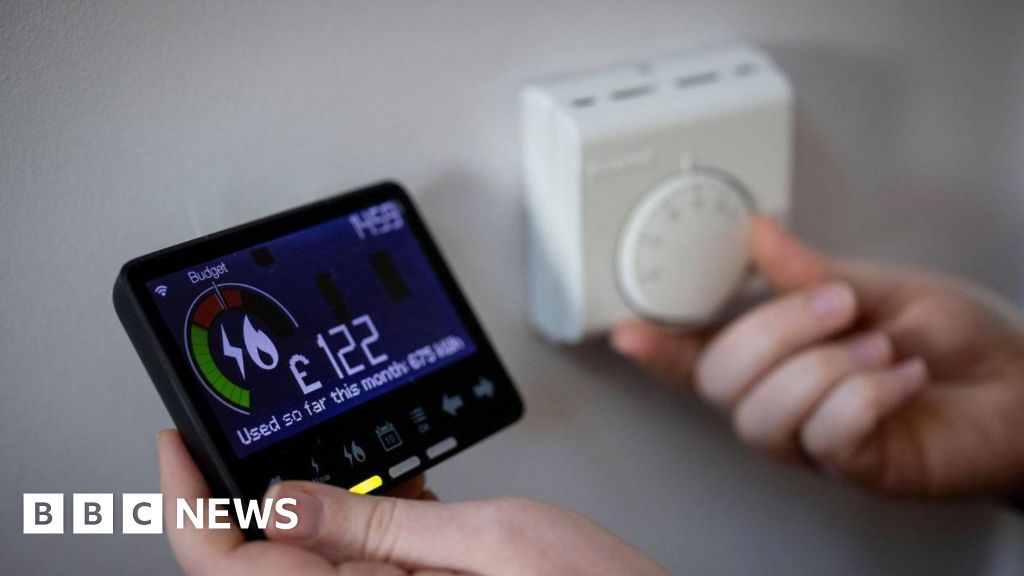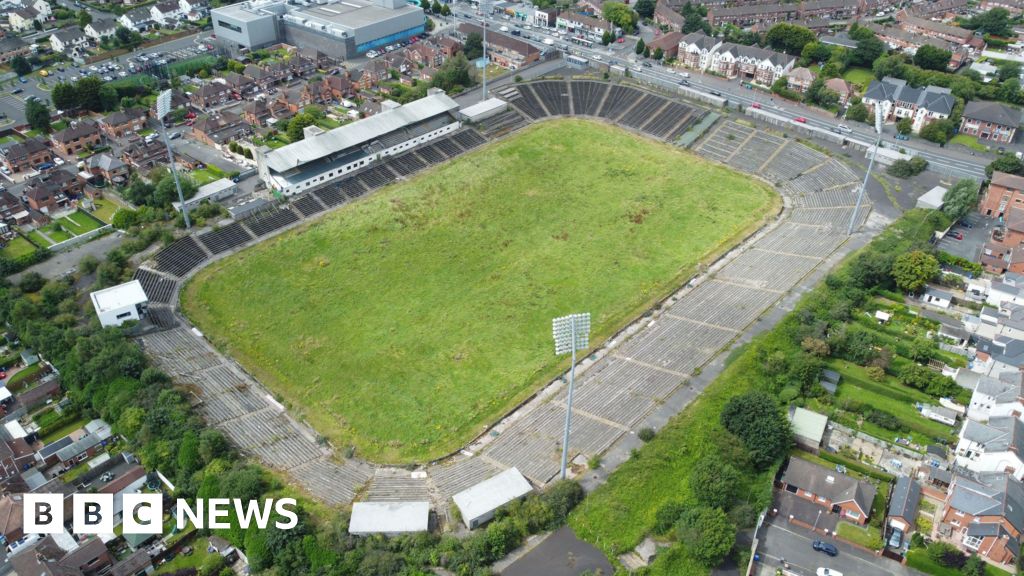 Family photos
Family photosA former paddleboard firm owner has been jailed for 10 years and six months after the deaths of four people on a river in south-west Wales.
Paul O’Dwyer, Andrea Powell, Morgan Rogers and Nicola Wheatley died after paddleboarding in “extremely hazardous conditions” on the Western Cleddau river in Haverfordwest, Pembrokeshire in October 2021.
Nerys Bethan Lloyd, 39, an ex-police officer from Port Talbot, pleaded guilty to gross negligence manslaughter last month.
She was sentenced during a two-day hearing at Swansea Crown Court, which heard she was unqualified to lead a paddleboard tour of this kind.
 Dyfed-Powys Police
Dyfed-Powys PoliceNeither Lloyd nor co-instructor Mr O’Dwyer were qualified to lead the tour, and Mrs Justice Stacey criticised the “abysmal” approach to health and safety during her sentencing remarks.
Citing her police and RNLI training, the judge said Lloyd she “knew better”, although acknowledged she was “horrified” at what happened.
The group of seven participants and Mr O’Dwyer set off after 09:00 on 30 October 2021.
Four of the eight people who went on the tour that day died.
During the sentencing hearing, the court heard there had been heavy rain in the days before and “the river was in flood conditions” with a “visibly strong current”.
On Tuesday, the court was shown photos of a weir the group was trying to navigate.
This included a section called fish pass, which was 11m (36ft) long and on an incline of about one in seven, or 14%.
The court was shown conditions on the weir on the day of the incident, with Mark Watson KC, prosecuting, telling the court on Tuesday it showed “immense turbulence” of the water.
Mr O’Dwyer initially exited the river safely, but then re-entered the water in an attempt to rescue the others.
Mr O’Dwyer, from Port Talbot, Ms Rogers, from Merthyr Tydfil, and Ms Wheatley, of Pontarddulais, Swansea county, all died at the scene.
Ms Powell, from Bridgend, died in hospital on 5 November 2021, about a week after the incident.
Mrs Justice Stacey said the group “fell down the face of the weir” in no more than 20 seconds.
They were sucked into a hydraulic jump – or spin – a recirculating flow similar to a washing machine.
She added: “The ankle leashes attached to the boards of those stuck in the hydraulic spin, which are totally unsuitable for fast-flowing water, made it even harder for them to get free.”
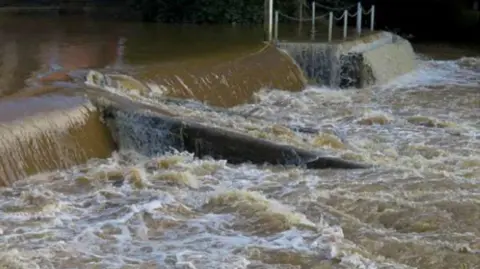 CPS
CPS
